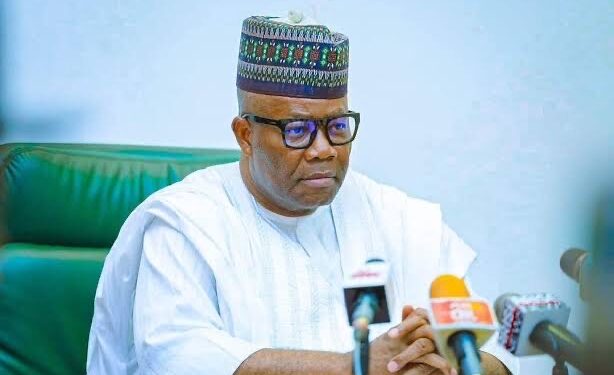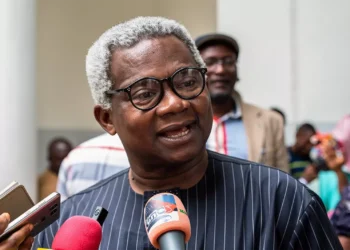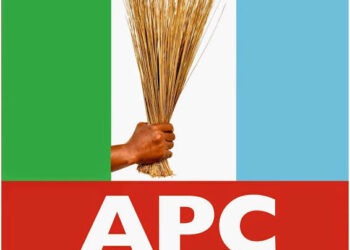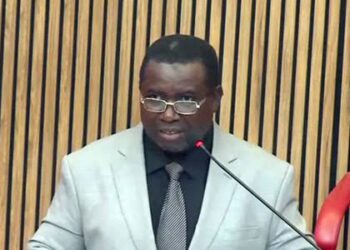The President of the Senate, Godswill Akpabio, has advocated for transparency, accountability, and the reduction of superfluous expenditures to curtail the expenses associated with governance in the nation.
Mr. Akpabio made this assertion on Monday during a one-day symposium on the cost of governance in Nigeria, organized by the National Institute for Legislative and Democratic Studies (NILDS) in Abuja.
Represented by Agom Jarigbe (PDP-Rivers), Mr. Akpabio elucidated the potential factors that contribute to the exorbitant cost of governance in the country.
He identified the size of our bureaucratic system, the increasing wage bills of public service employees, the overhead costs of appointed public officials, and the remuneration of elected officials as significant factors.
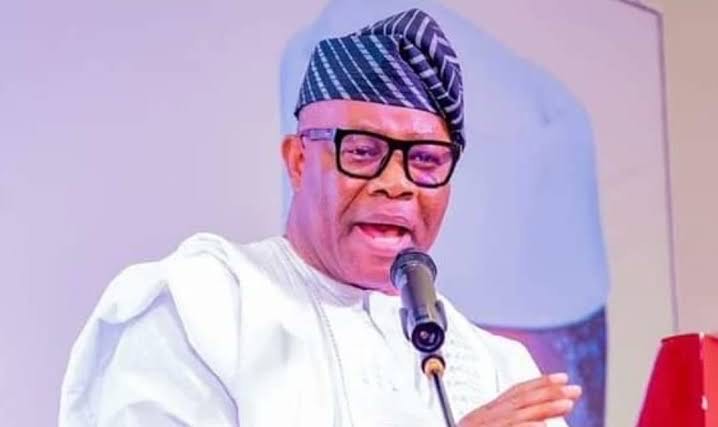
He noted that the operation of government institutions, among other substantial facets, burdens the economy and hampers developmental endeavors.
“We must hold ourselves accountable and take charge of enhancing our nation.
“We must ensure that our government functions efficiently and effectively, catering to the needs of the populace and promoting sustainable development.
The Senate president underscored the importance of streamlining bureaucracy, eliminating unnecessary expenses, and ensuring transparency and accountability at all echelons of governance.
“We must invest in our human resources, equipping our public servants with the requisite skills and knowledge to drive progress.
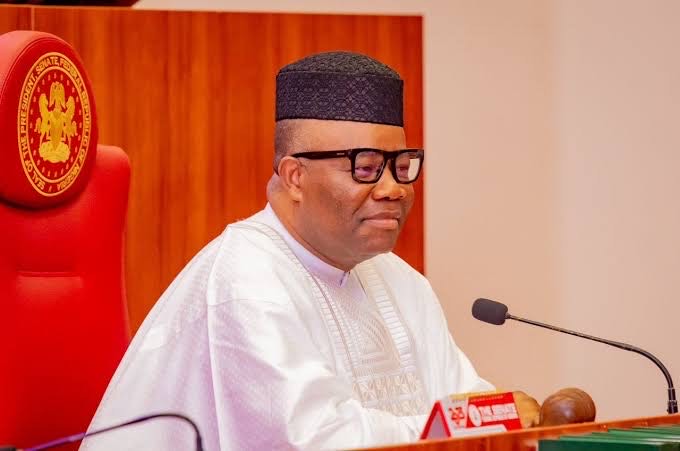
“And we must cultivate a culture of innovation and ingenuity, where novel ideas can thrive and revolutionize our nation,” he articulated.
Mr. Akpabio implored all Nigerians to stand united, act as change agents, and demonstrate unwavering commitment to making sacrifices for the nation.
He affirmed that the 10th Assembly was prepared to collaborate with all stakeholders to leverage its constitutional authority to make Nigeria accessible to all citizens.
In his address, the Speaker of the House of Representatives, Tajudeen Abbas, stressed that the plea for a reduction in government expenditure reverberated widely across the nation and that it was imperative for leaders to respond.
He asserted that we must adopt measures that align our spending with the prevailing economic circumstances.
“Nigeria has grappled with budget shortfalls for an extended period, underscoring the urgency to rationalize government operational costs and promote fiscal stability.
“This necessitates a collective endeavor to eliminate wasteful, ineffective, and superfluous expenses from our budget allocations,” he expounded.
Earlier, the Director-General of NILDS, Prof. Abubakar Sulaiman, highlighted that the effectiveness and accountability of governance have a direct impact on the prosperity and welfare of the nation.
He mentioned that the dialogue offered an opportunity to comprehensively reassess the approach to governance and the viability of the parliamentary system as a cost-efficient alternative to the current presidential system of government.
“The primary objective of the dialogue is to collectively chart a course towards fiscal prudence, transparency, and accountability that encompasses stakeholder perspectives derived from various sectors of civil society.
“These will form part of the overarching governance strategy and interventions of the present administration under President Bola Tinubu, who has demonstrated unwavering dedication to implementing the recommendations of the Oronsaye Report and reducing the cost of governance.
“The solutions lie in our determination to effect change and strive towards a future where the cost of governance is not a burden but an investment in the prosperity of every Nigerian,” he concluded.
By: Nwakaji Peace Martins


